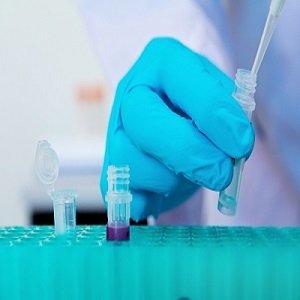
Novogen's drug shows positive result for brain cancer
Singapore: Australian biotechnology company, Novogen's lead candidate product, TRXE-009, has shown a positive result in treating adult and pediatric brain cancer.
The study looked at the ability of TRXE-009 to kill a library of patient-derived cell cultures from subjects with glioblastoma multiform (GBM). The cells were cultured under conditions that promote cancer stem cell growth. These stem-like cancer cells are believed to be responsible for chemotherapy resistance and tumor recurrence.
Killing these highly-resistant GBM cancer stem cells is considered to be a fundamental requirement to successfully treating this highly destructive disease, the company mentioned.
The studies were conducted by Drs John Boockvar and Marc Symons at the Feinstein Institute for Medical Research (Feinstein) and with which Novogen is forging a strong collaboration to oversee advancing TRXE-009 into the clinic for adult and pediatric brain cancers.
The next step in this drug's development is to confirm it's ability to cross the blood-brain barrier, a key filtering mechanism that effectively blocks the majority of chemotherapic drugs from reaching brain tissue.
TRXE-009 was designed to cross the blood-brain barrier and has been formulated as a proprietary drug product known as Trilexium. It is anticipated that Trilexium will have application in the treatment of cancers both with and without brain involvement. Trilexium is due to enter a Phase 1 study in early-2016.
Dr Graham Kelly, CEO, Novogen Group said, "TRXE-009 has been a drug development success story, thanks to a team led by Dr Andrew Heaton and Dr Eleanor Ager. The TRXE-009 story started with the discovery of a compound that was highly cytotoxic against GBM brain cells that came from patients who had failed to respond to Temozolomide, the only standard of care chemotherapy for GBM; it then showed itself to be an equally effective killer of GBM cancer stem cells; it also is highly active in vitro against a range of pediatric brain cancer cells that are notoriously resistant o chemotherapy; it has been designed to cross the blood-brain barrier; it shows little toxicity against normal human brain cells (astrocytes) in vitro; in its parenteral delivery form, the Trilexium drug-product is highly active in animal models of xenografted human tumors, including GBM, and is reasonably well tolerated. So far it has ticked every box asked of it.
"The urgent need to find a successful treatment for devastating cancers such as primary and secondary brain cancers in adults and children is what is driving our collaboration with Feinstein to bring TRXE-009 into the clinic," Dr Kelly added.




